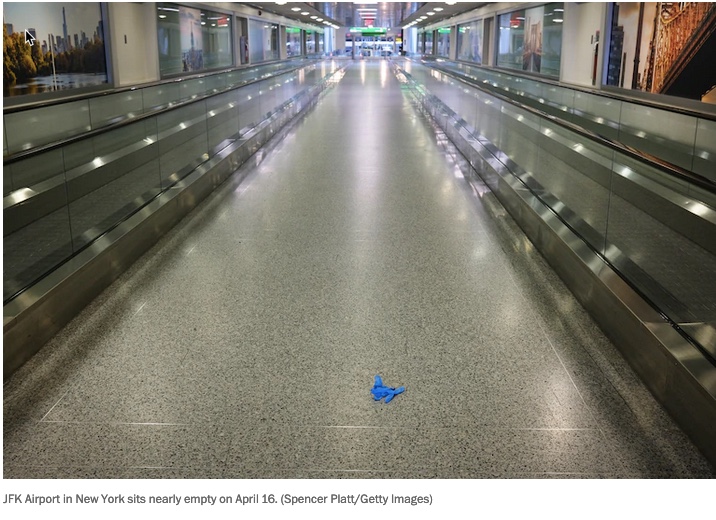The Federal Aviation Administration is scrambling to fix a botched funding effort that has created wide disparities between the country’s airports, giving millions to small facilities but barely enough aid to some of the biggest.
Despite an initial proposal that relied almost entirely on the number of passengers flying through, the federal stimulus formula written by the agency and Congress gave an edge to small airports, Politico reported.
In Cambria County, Pa., a small regional airport that boards about a dozen passengers each day would receive over $5 million. Merrill Field in Anchorage was set to receive nearly $18 million — a sum that its manager told the Anchorage Daily News was the “most money invested in Merrill Field in the past five years, if not ever.”
Yet New York’s John F. Kennedy International Airport, one of the top six busiest in the United States, barely received enough funding for three months of regular operations.
The plan entitled facilities with limited debt and cash on hand to receive more money, benefiting smaller airports that lack the debt associated with capital projects.
Besides JFK, nearly 200 other facilities have found themselves in a similar situation, forced to make difficult choices about what services or projects to eliminate once the funding dries up.
Amid similar — and often, unexplained — irregularities across the federal bailout effort, airport managers around the country told Politico that they are frustrated and confused as they attempt to understand what might happen next under the plan.
Smaller airports, meanwhile, may see some of their outsized grants cut. The FAA has since decided to cap payouts at four years of the facility’s operating expenses, the news site reported, though airports may still receive the total amount if they “show a need.”




